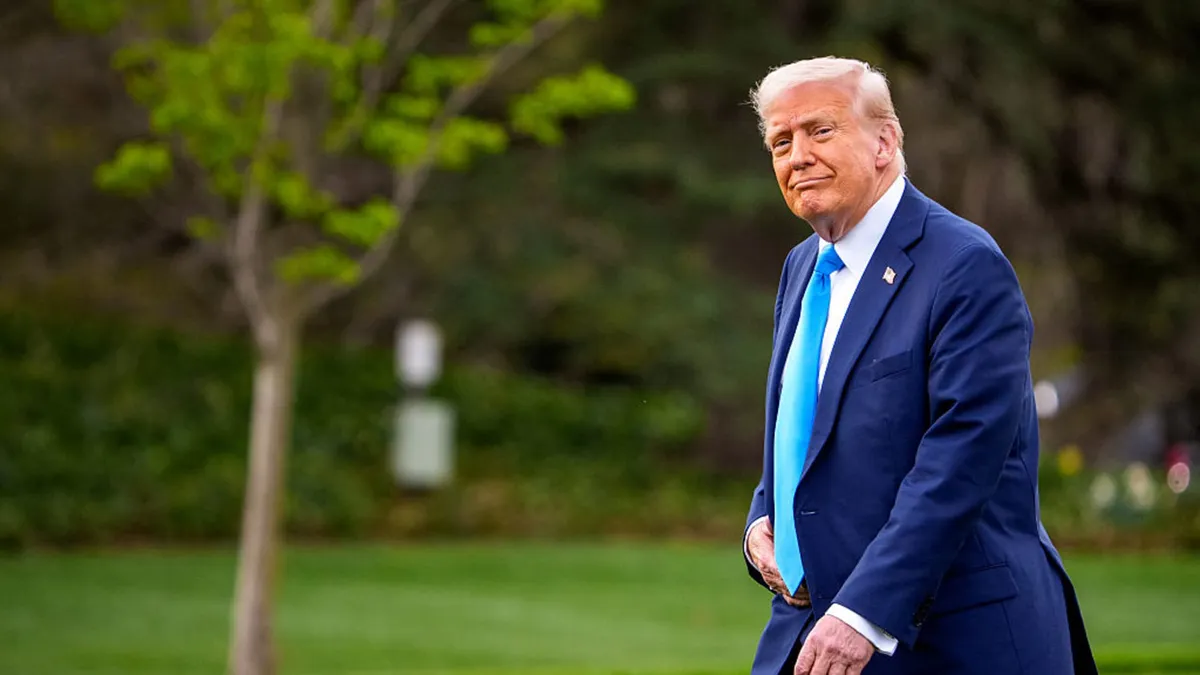
On Sunday, U.S. President Donald Trump revealed that the upcoming reciprocal tariffs he plans to announce this week will affect all nations, contrary to earlier indications that only a select group of 10 to 15 countries with significant trade imbalances would be included. Trump has labeled this initiative as Liberation Day, with a major announcement scheduled for Wednesday.
In recent months, Trump has already implemented tariffs on key sectors, including aluminum, steel, and autos. Additionally, he has raised tariffs on all goods imported from China. While aboard Air Force One, Trump emphasized that the new tariffs would encompass essentially all countries involved in trade with the United States.
Despite Trump's broader approach, White House economics adviser Kevin Hassett recently discussed the possibility of focusing on the 10 to 15 countries with the most severe trade imbalances. However, he did not specify which countries these would be. The administration's stance suggests a strategic move to address unfair trade practices while aiming to protect the domestic economy from global competition.
Trump's tariff strategies have raised concerns about potential trade wars, unsettling financial markets and intensifying fears of a possible recession in the U.S. economy. The president has stated his intention to impose a series of reciprocal tariffs against nations that impose fees on U.S. exports, pledging to match those countries' duties to level the playing field.
In February, Trump signed a memorandum directing U.S. trade officials to compile a tailored list of counter-measures against specific countries. However, just last week, he hinted at the possibility of scaling back his reciprocal plans, suggesting that he might implement tariffs at lower rates than those charged by other nations on U.S. goods.
As the situation unfolds, it remains to be seen how these tariff announcements will impact international trade relations and the U.S. economy as a whole. Stay tuned for further updates on this developing story.